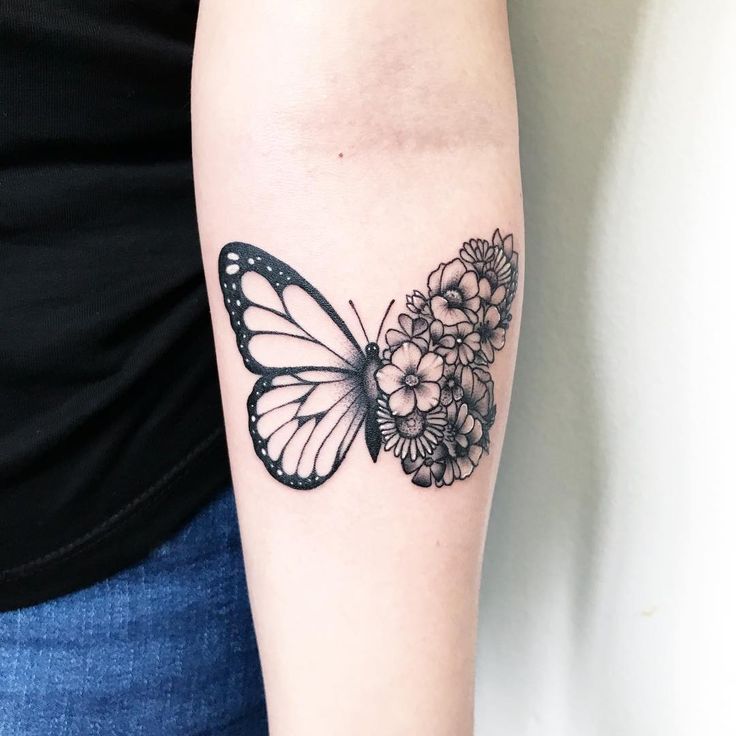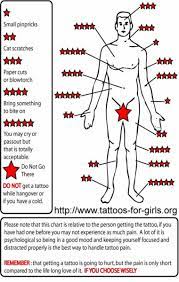
Imagine spending months or years dreaming up the ideal tattoo design – now all it needs to become reality is finding an artist capable of realizing it! But how much does it cost? In this article, we explore some of the critical elements involved in determining tattoo prices.
Size
Size matters when it comes to tattoo costs. A tiny tattoo typically costs less than its larger counterpart; for instance, a 2×2 heart without shading or details will cost significantly less than an elaborate and intricate phoenix covering your entire shoulder.
The size determines how much ink is used, impacting its price. Furthermore, the time taken to complete a tattoo has an effect; intricate designs with many gradients will take longer than simple black-and-grey designs.
Tattoo locations also play an integral role in pricing; Tattoos on more sensitive body parts like the ribs or areola can be more costly due to requiring more work, skill, and precision than their non-sensitive counterparts. Furthermore, cover-up or repigmentation tattoos often cost more than their regular counterparts.
Design
Tattoo artists require more excellent skill to complete detailed Tattoos as they take longer and require additional materials, such as more expensive colors requiring multiple needle sizes for inking. When creating such work, more time may be needed from both the artist and the client.
Tattoos are permanent artwork, so you must communicate clearly with your artist about what you want and the timeframe involved. By being upfront about budget and expectations, most artists are usually honest in helping make the best choice based on budget and design goals.
Prices can differ widely between studios depending on factors like the popularity of tattooists, location, and overhead costs. In general, larger cities are more costly for tattooing services, while experienced artists specializing in specific styles may cost more.
Placement
Tattoos covering large portions of the body take longer and cost more, especially if intricate shading or gradients are involved, further driving up its cost.
An intricate tattoo may cost more than simple linework; conversely, simple designs require less skill from their artists. Many tattooists set a minimum charge per hour of work, as they must cover studio rental, sterilization equipment, and supplies. Furthermore, established artists charge more than beginner or apprentice artists; however, apprentices offer an ideal way of getting an affordable tattoo, being much cheaper yet still producing quality work.
Artist
Tattoo prices depend on the work needed to execute a design, which may involve drawing, transferring it onto the skin, tattooing, and cleaning up afterward. Artists’ hourly rates depend on experience and demand for their services.
Small Tattoos take less time and cost less than large ones; however, intricate designs may still prove costly. For example, adding a complicated triangle symbol or name tattoo on your wrist or forearm may take more effort and cost more than something as basic as a cross.
Sleeve Tattoos require more skill and detail work, making the process a long one that could take several hours of your time to complete. A detailed sleeve tattoo with intricate storylines covering your upper torso could cost over $6,000, which can be daunting to some people not used to shelling out such large sums for something permanent.

